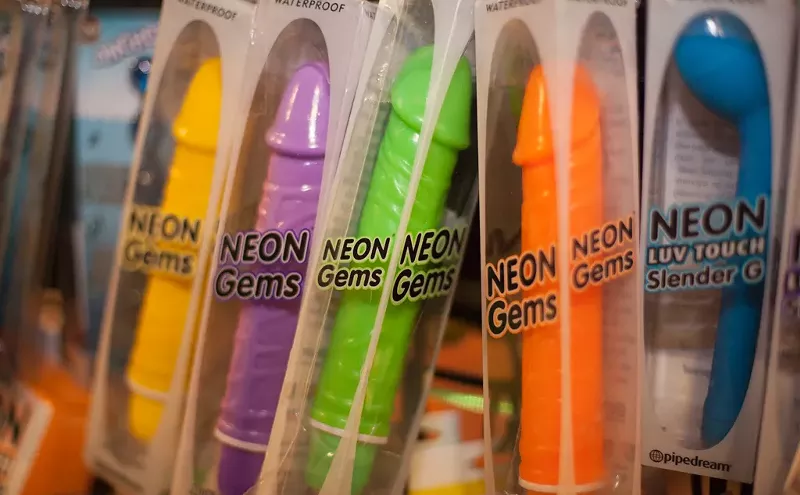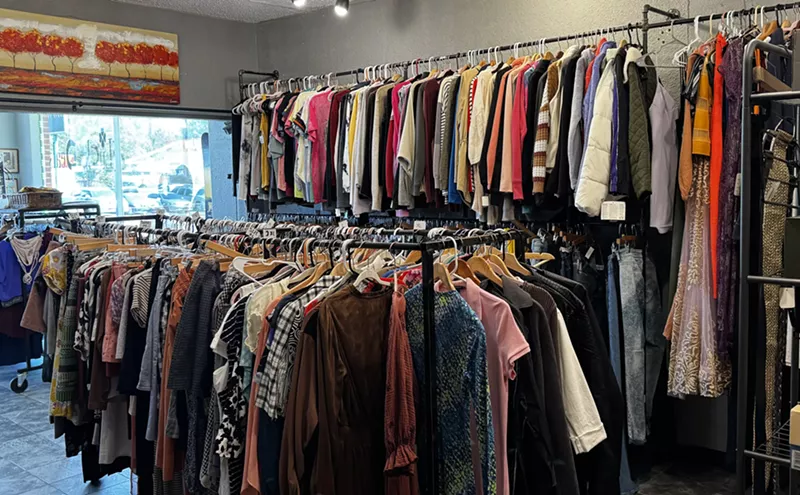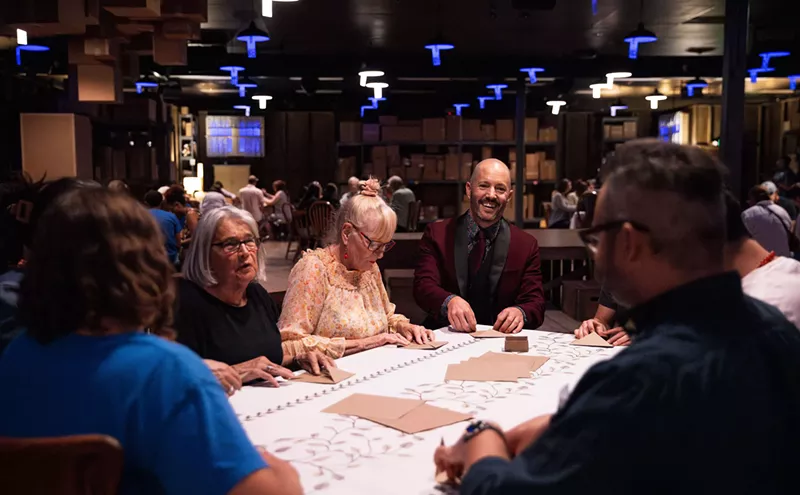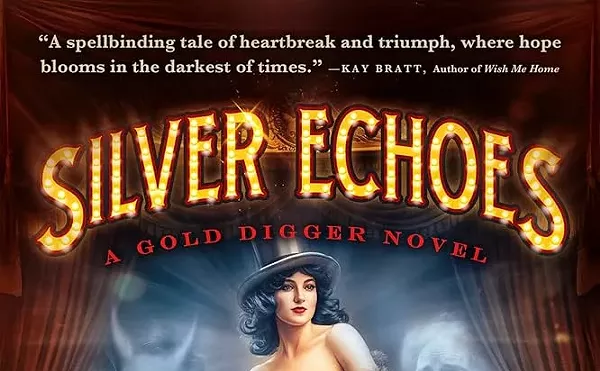The scrapbook has evolved into a facsimile of The Truman Show. A few questions come to mind: Why doesn't dad just share this stuff with his daughter as she's growing up? Of course, there's the novelty of the secret letters of love stashed on a distant server only to be recovered at the father's death, whereupon the daughter discovers how much he really did love her. She was a total bitch to him for years and never knew about the letters, and now it's too late to make amends. Now everybody cries, because this is a movie and not real life.
Is this girl an actor? Did they use multiple girls at differing ages to create the effect of a child growing up? Most definitely. Is Daniel Lee a real person? Is he really writing these letters to his alleged daughter, and if so, did he take a huge chunk of cash from Google to sell out his daughter's memories? No, none of that is real because if it were, there would be the risk of her seeing this commercial and realizing her entire life was being captured and cataloged for all the world to see, and it would ruin the big hospital-bed reveal at the end. That, and what kind of asshole would write his daughter letters via email and then exploit those tender private moments for financial gain? You can rationalize all you want about college being paid for, but that won't take away the inevitable emotional damage of feeling betrayed by your father. That's for real.
Nowadays it's becoming increasingly difficult to determine the line between reality and fantasy. We can't trust images anymore, so when we see that beautiful scene that looks like it's out of a storybook, we are being duped when we think, "Wow, there is actually a place on Earth that is that peaceful." That place is, in fact, straight out of a story book -- a digital one that looks more "real" than your own fucking hand. The opposite also occurs. Have you ever gone to an an actual beautiful place and you're having a beautiful moment, but you question its validity? It doesn't feel real because it mirrors the images that are fake.
The million dollar question of course is: Does it matter if we know what's real or not? Is a chemically-induced feeling just as valid as an experience-induced feeling? Perhaps we could ask the people who've gotten off of mood-enhancing drugs in order to feel something real, and ended up killing themselves. Hopefully they left an online diary behind.












